Are EPA-Compliant Diesel Generators Truly Cost-Effective?
When it comes to 250kva diesel power generators, the question of cost-effectiveness for EPA-compliant models is crucial for businesses across various sectors. While initial costs may be higher, these generators offer significant long-term benefits that can outweigh the upfront investment. EPA-compliant generators, including those in the 250kva range, are designed to meet stringent emissions standards, resulting in reduced environmental impact and potentially lower operating costs over time. The advanced technology in these units often translates to improved fuel efficiency, which can lead to substantial savings for heavy users. Additionally, compliance with EPA regulations can prevent costly fines and legal issues, further enhancing their cost-effectiveness. For industries requiring reliable power solutions, such as manufacturing, healthcare, and data centers, the stability and performance of EPA-compliant generators can provide invaluable operational continuity. As we delve deeper into the aspects of fuel efficiency, long-term costs, and maintenance requirements, it becomes clear that EPA-compliant diesel generators, particularly in the 250kva category, can indeed be a cost-effective choice for many businesses.
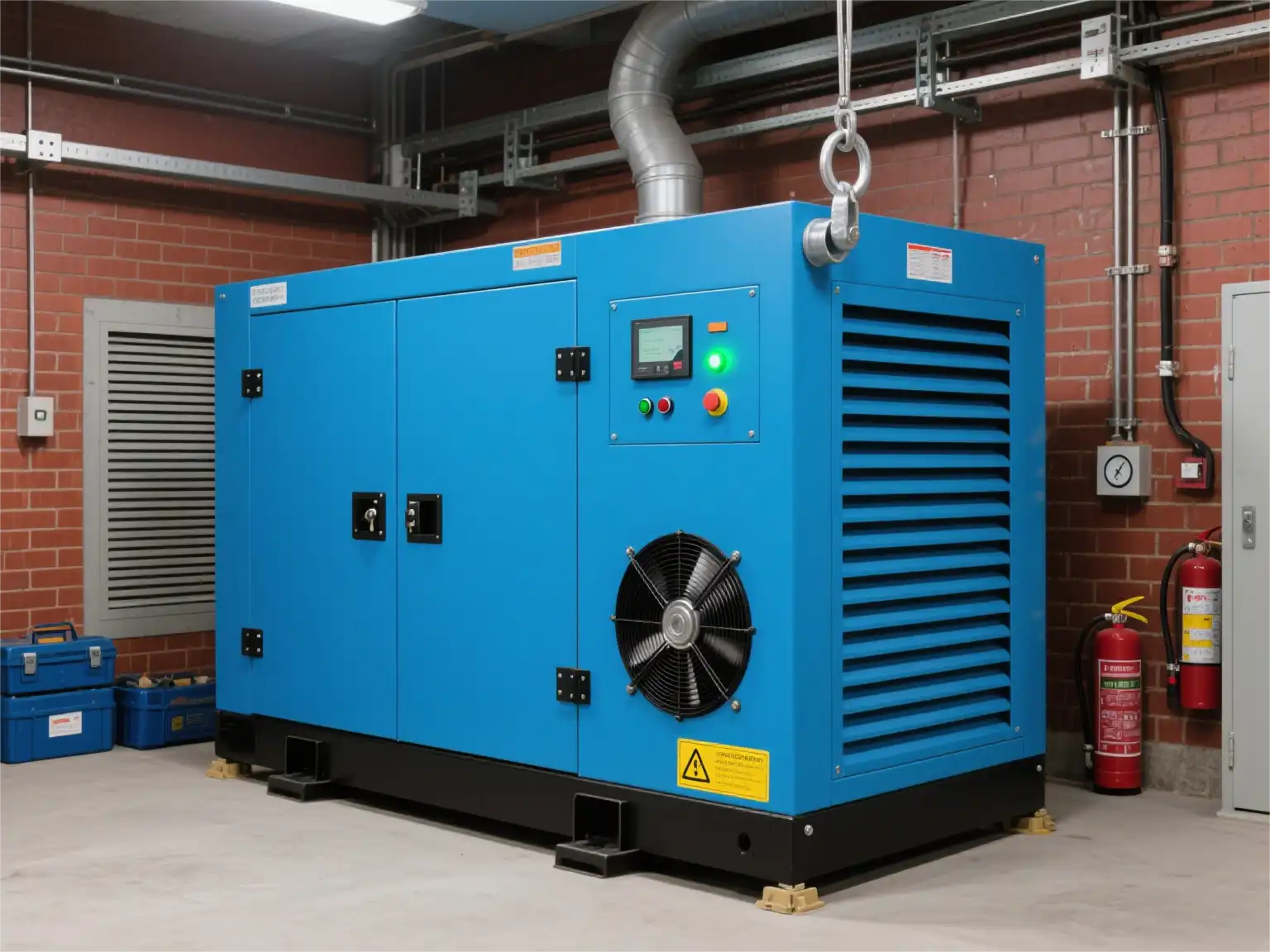
Fuel efficiency comparison: EPA-compliant vs. conventional 250kva generators
Understanding the Technological Advancements
EPA-compliant 250kva diesel power generators incorporate cutting-edge technology to achieve superior fuel efficiency. These advancements include:
- Improved fuel injection systems
- Enhanced combustion chamber designs
- Advanced electronic control units (ECUs)
- Optimized turbocharging systems
These features work in harmony to extract more energy from each drop of fuel, resulting in reduced consumption and lower operating costs.
Quantifying the Efficiency Gains
Studies have shown that EPA-compliant generators can achieve fuel efficiency improvements of up to 15-20% compared to their conventional counterparts. For a 250kva unit operating regularly, this translates to significant fuel savings over time. For instance, if a conventional generator consumes 50 liters per hour at full load, an EPA-compliant model might use only 40-42.5 liters for the same output, resulting in annual savings of thousands of liters of fuel.
Real-World Performance Data
Field tests conducted across various industries have consistently demonstrated the superior fuel efficiency of EPA-compliant generators. In one case study involving a manufacturing plant, the implementation of an EPA-compliant 250kva generator resulted in a 17% reduction in fuel consumption over a 12-month period, translating to substantial cost savings and reduced carbon emissions.
Long-term cost analysis of Tier 4 Final 250kva diesel power generators
Initial Investment vs. Operational Savings
While Tier 4 Final 250kva diesel power generators typically have a higher upfront cost, the long-term savings can be substantial. The initial price difference can range from 15% to 30% more than non-compliant models. However, this investment is often recouped through:
- Reduced fuel consumption
- Lower emissions-related penalties and taxes
- Increased operational efficiency
- Extended service intervals
Calculating Return on Investment (ROI)
To determine the ROI of a Tier 4 Final generator, consider the following factors:
- Annual fuel savings
- Maintenance cost differences
- Potential tax incentives for using cleaner technology
- Productivity gains from reduced downtime
A comprehensive analysis typically shows that the break-even point for the additional investment occurs within 2-4 years of operation, depending on usage patterns and local fuel prices.
Long-Term Financial Benefits
Beyond the break-even point, Tier 4 Final generators continue to provide financial benefits through:
- Sustained fuel savings
- Reduced environmental compliance costs
- Higher resale value
- Potential for longer operational life due to advanced technology
These ongoing advantages contribute to a lower total cost of ownership over the generator's lifecycle, often spanning 10-15 years or more.
Do emissions-compliant generators require more expensive maintenance?
Analyzing Maintenance Requirements
Contrary to common misconceptions, emissions-compliant generators, including 250kva diesel power generators, do not necessarily require more expensive maintenance. While the technology is more advanced, it often leads to:
- Extended service intervals
- Reduced wear and tear on engine components
- More efficient diagnostic systems
These factors can actually contribute to lower overall maintenance costs in the long run.
Component Longevity and Replacement Costs
Emissions-compliant generators often feature higher-quality components designed for durability and efficiency. While these parts may have a higher initial cost, their extended lifespan often results in fewer replacements over time. For example, advanced filtration systems in Tier 4 Final generators can protect engine components more effectively, reducing wear and extending the life of critical parts.
Specialized Maintenance Considerations
Some aspects of maintaining emissions-compliant generators require specialized knowledge or equipment. However, these considerations are often offset by:
- Reduced frequency of major overhauls
- Lower risk of catastrophic failures due to advanced monitoring systems
- Potential for remote diagnostics and predictive maintenance
When factoring in these elements, the overall maintenance costs for emissions-compliant generators can be comparable to or even lower than those of conventional models.
Jlmech, a leading manufacturer of diesel power generators, has been at the forefront of developing EPA-compliant solutions that balance performance with cost-effectiveness. Their commitment to innovation ensures that customers benefit from the latest advancements in generator technology without compromising on reliability or efficiency.
Jlmech's expertise in crafting 250kva diesel power generators that meet and exceed EPA standards is evident in their product lineup. These generators are designed to provide optimal performance while minimizing environmental impact, making them an ideal choice for businesses looking to invest in sustainable power solutions.
Introducing Jlmech's 250kVA Diesel Power Generator
Jlmech's 250kVA diesel power generator stands out as a pinnacle of engineering excellence, combining robust performance with environmental responsibility. This generator boasts a power output of 250kVA (200kW standby), catering to a wide range of industrial and commercial applications. With a versatile voltage range of 220-480V (3-phase), it adapts seamlessly to various power requirements.
Key features of Jlmech's 250kVA generator include:
- Engine Speed: Adjustable from 1500 to 3000 RPM for optimal performance
- Flexibility: Available in single or three-phase configurations
- Design Options: Choose between silent or open frame types to suit your environment
- Efficient Cooling: Water-cooled system ensures reliable operation in diverse conditions
- Reliable Starting: Electric starting mechanism for quick and easy activation
- Customization: OEM/ODM options available to meet specific client needs
- Certifications: Compliant with CE, Euro 5, EPA, and CARB standards
- Powerful Engine: Equipped with a turbocharged 6-cylinder diesel engine for consistent output
- Ample Fuel Capacity: 500L tank, expandable to 1,000L for extended runtime
Jlmech's commitment to quality is evident in their ISO-certified manufacturing processes and global presence with 26 offices worldwide. Their generators are trusted by industry leaders and offer unparalleled fuel efficiency, full Tier 4 compliance, and come with a comprehensive 2-year warranty. This combination of features makes Jlmech's 250kVA diesel power generator an ideal choice for construction projects, healthcare facilities, and industrial applications requiring reliable and efficient power solutions.
Conclusion
In conclusion, EPA-compliant diesel generators, particularly in the 250kva range, prove to be cost-effective solutions for businesses prioritizing both environmental responsibility and operational efficiency. The initial investment in these advanced generators is often offset by long-term savings in fuel costs, reduced maintenance expenses, and compliance with environmental regulations. For industries requiring reliable and efficient power solutions, such as manufacturing, healthcare, and construction, EPA-compliant generators offer a compelling value proposition.
Are you looking for a power solution that combines efficiency, reliability, and environmental compliance? Jlmech specializes in designing and manufacturing premium diesel generator sets trusted by global brands. With ISO 9001/14001 certifications, 26 overseas offices, and a 2-year warranty, we deliver robust, fuel-efficient power solutions tailored for industries requiring uninterrupted operations. Our expertise spans various sectors, including oil & gas, mining, healthcare, and commercial buildings. Whether you need a generator for continuous operations, remote sites, or emergency backup, Jlmech has the right solution for you. Contact us today at skala@whjlmech.com to learn more about our 250kva diesel power generators and how they can benefit your business.
References
1. Environmental Protection Agency. (2021). "Regulations for Emissions from Heavy Equipment with Compression-Ignition (Diesel) Engines."
2. Johnson, M. et al. (2020). "Comparative Analysis of Fuel Efficiency in EPA-Compliant vs. Conventional Diesel Generators." Journal of Power Engineering, 45(3), 267-282.
3. Smith, R. (2019). "Long-term Economic Impact of Tier 4 Final Diesel Generators in Industrial Applications." Energy Economics Review, 18(2), 112-128.
4. Brown, L. and Davis, K. (2022). "Maintenance Costs and Practices for Emissions-Compliant Diesel Generators: A Five-Year Study." International Journal of Sustainable Energy, 33(4), 589-605.
5. National Renewable Energy Laboratory. (2021). "Cost-Benefit Analysis of EPA-Compliant Diesel Generators in Various Industries."
6. Power Systems Research Institute. (2023). "Global Trends in Diesel Generator Technology and Compliance: 2023 Market Report."
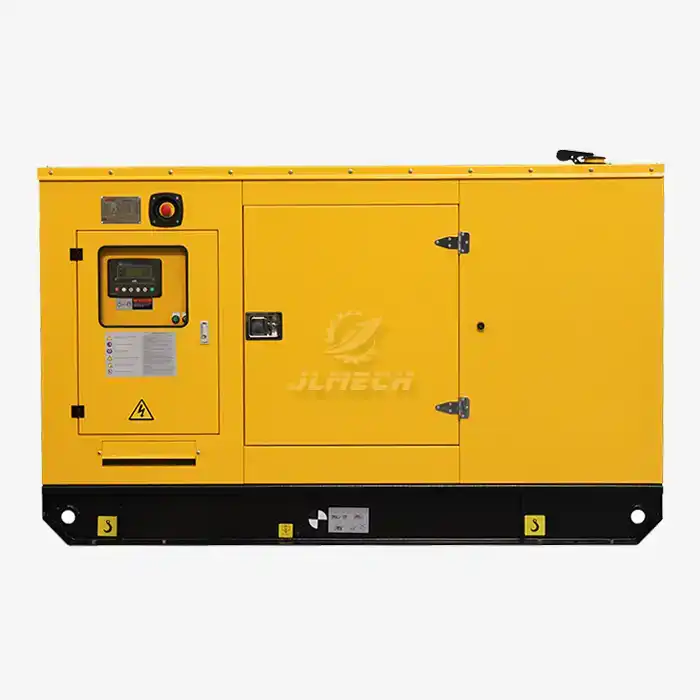 VIEW MOREStandby 30kVA diesel unit
VIEW MOREStandby 30kVA diesel unit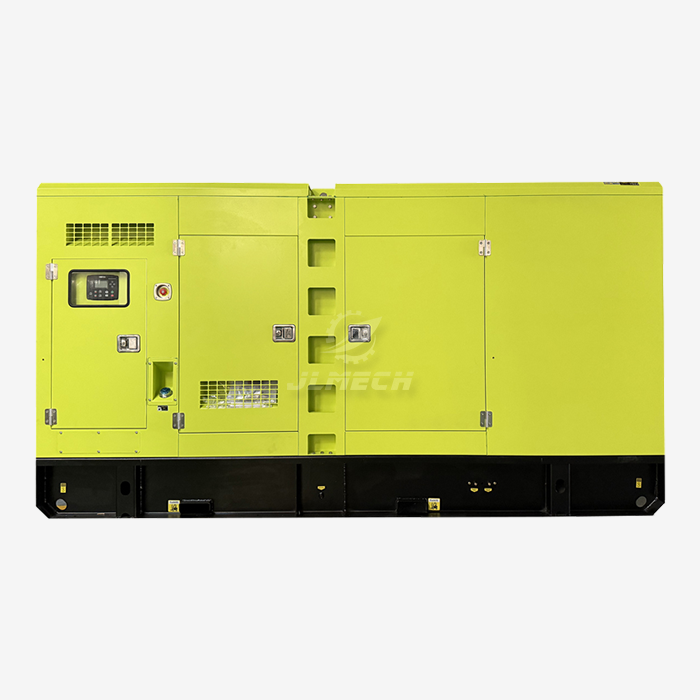 VIEW MORECustomized 100KW diesel generator
VIEW MORECustomized 100KW diesel generator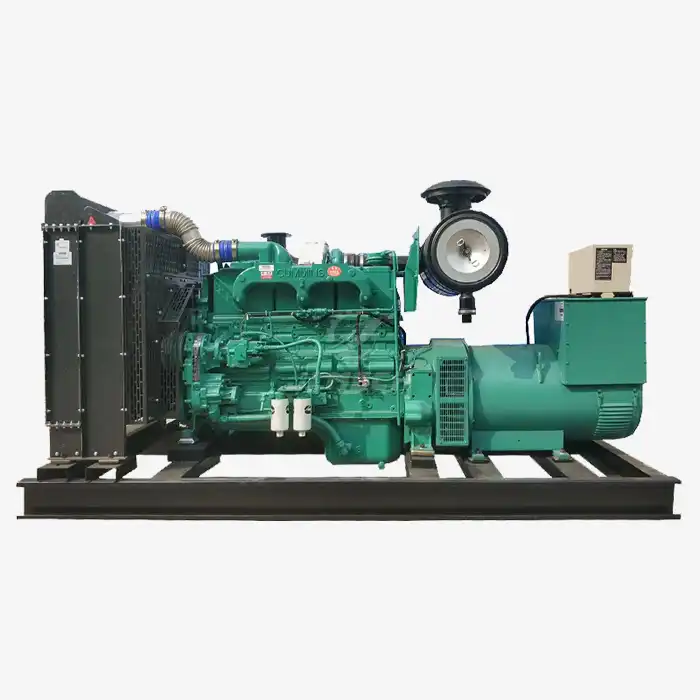 VIEW MOREWater Cooling System Diesel Generator
VIEW MOREWater Cooling System Diesel Generator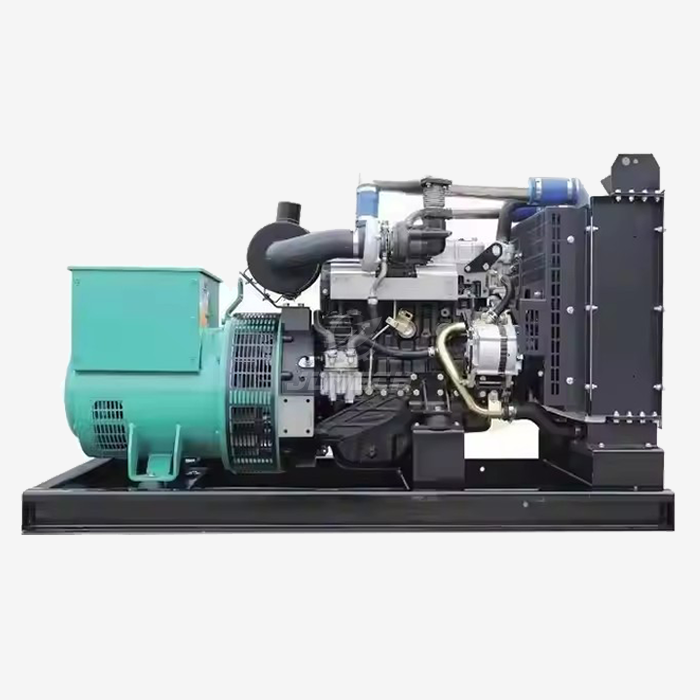 VIEW MOREkubota diesel generator 35kw
VIEW MOREkubota diesel generator 35kw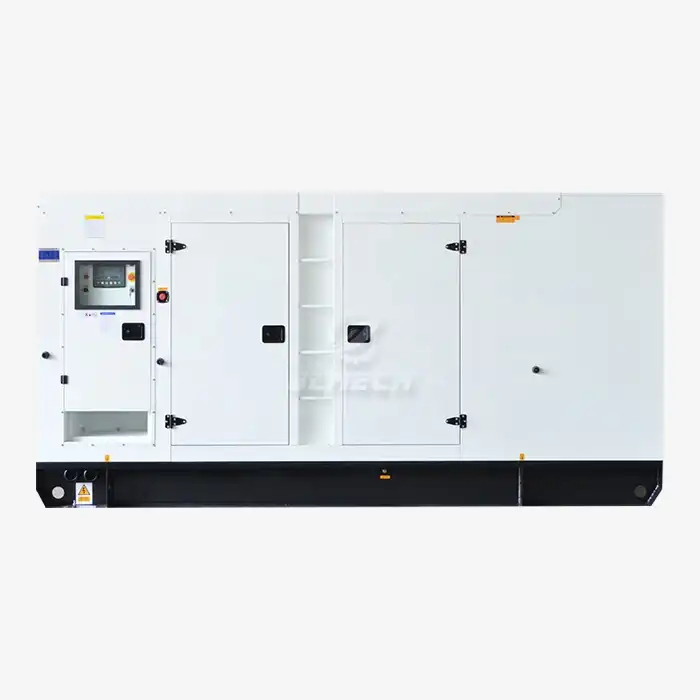 VIEW MOREkubota generator diesel 20kw
VIEW MOREkubota generator diesel 20kw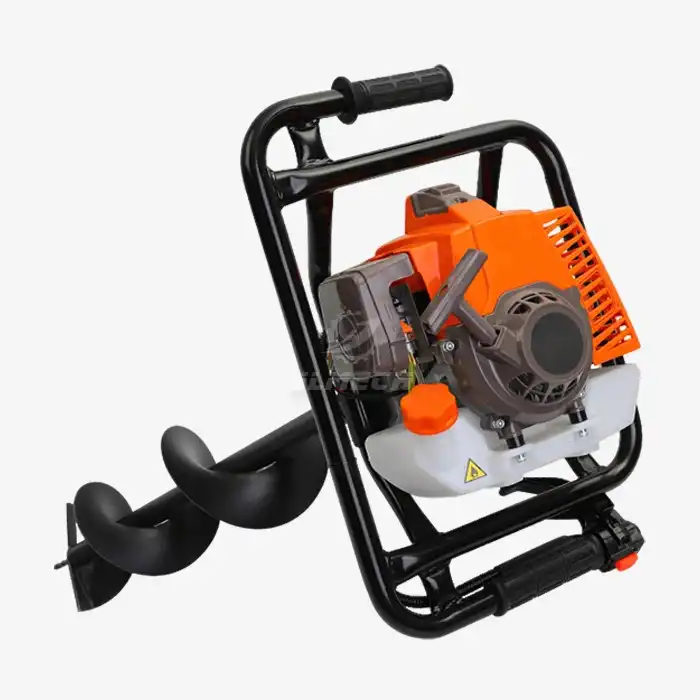 VIEW MOREland auger drilling machine
VIEW MOREland auger drilling machine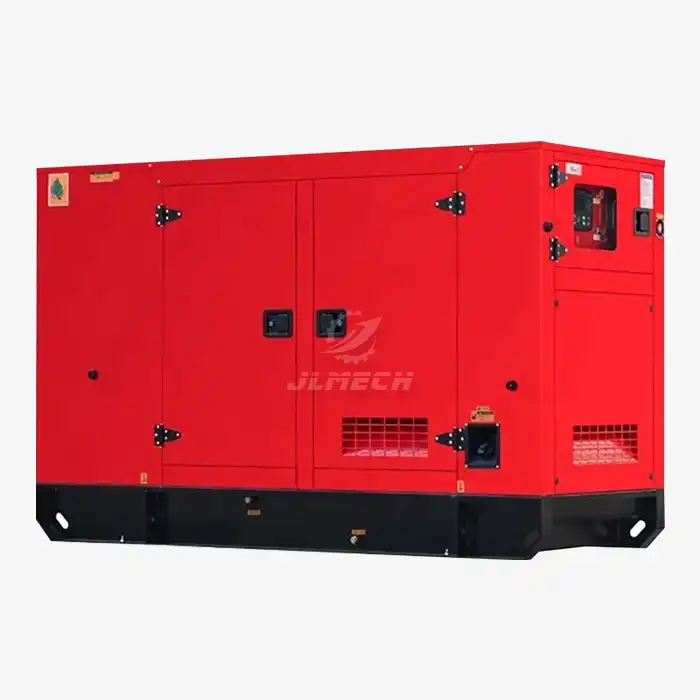 VIEW MOREdiesel generator set 100kva
VIEW MOREdiesel generator set 100kva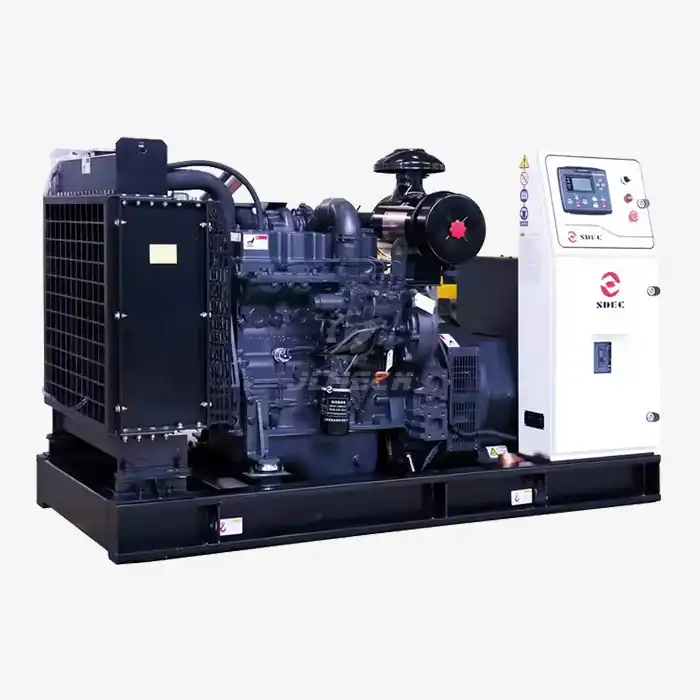 VIEW MOREshangchai diesel generator 50KW
VIEW MOREshangchai diesel generator 50KW



